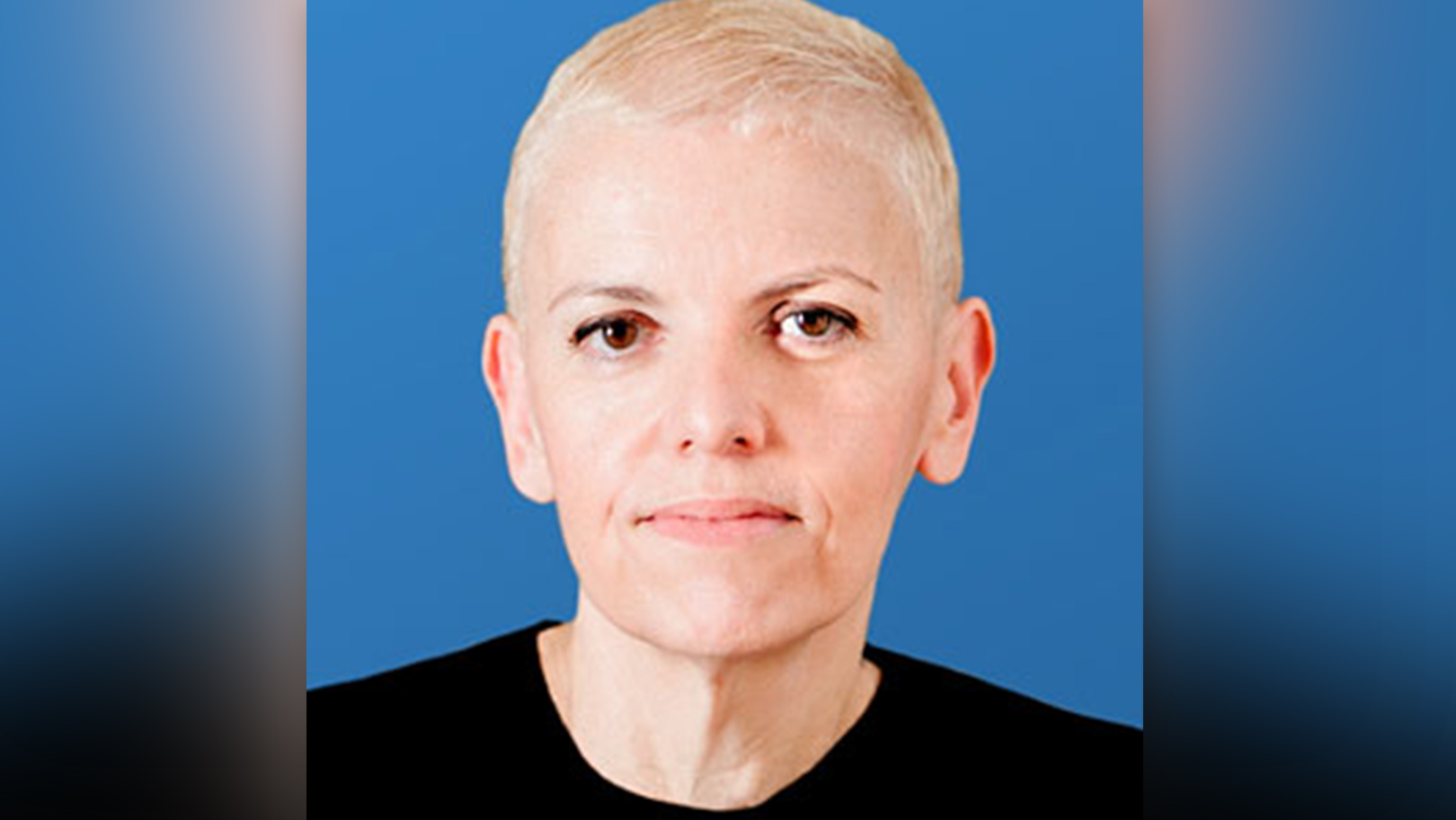Q: What does survivorship from lung cancer mean to you?
A: Living through and beyond the diagnosis and treatment of lung cancer, whether the cancer is recurrence-free or metastatic.
Q: Are there specific survivorship challenges for patients with lung cancer?
A: On the medical side, the fear of recurrence is a sentinel experience for anyone who has been diagnosed and treated for lung cancer. Any respiratory symptom (such as a cough or transient shortness of breath) will cause anxiety that the cancer has returned. Lung compromise after radiation and/or surgery may prevent compliance with the recommendations for physical activity; if walking or more intense activity causes breathlessness and/or pain, the benefits of physical activity are out of reach. Experiencing shortness of breath also affects the survivor’s ability to play with children or grandchildren and to participate in activities that require even minimal physical exertion, and this is a loss for both the survivor as well as family and friends. Survivors may also experience symptoms of post-traumatic stress after treatment; this may manifest as flashbacks, hypervigilance of physical symptoms, and sleep disturbances.
From a psychosocial perspective, there is a lot of shame and blame or stigma for individuals with lung cancer; this colors their experience for the rest of their life. They may feel judged by others who either state out loud or are perceived to think, “Well, you smoked, so this is what happens when you do things that we know are not good for you.” There is little public support for those with lung cancer, as opposed to the more “acceptable” cancers such as breast, prostate, or colorectal.
There is also survivor guilt—the idea that they brought this on themselves by smoking or other risk factors. For those who go into remission, there may be guilt that they have survived while others, perhaps fellow support group members or people met in waiting rooms, did not.
Q: Considering the treatments often used in early-stage lung cancer (i.e., surgery, radiation, and sometimes chemotherapy), what are some hallmark long-term, treatment-related conditions providers should look out for?
A: Any survivor who has been treated for cancer worries about the effect of treatment on their relationships, especially in the realm of sexuality. Fatigue, chemotherapy-induced menopause for women, body image changes (scars, radiation damage to skin), and concern about exposing their partner to break-down products of chemotherapy are some of the issues that affect post-treatment survivorship. It is recommended that a barrier method (condoms, dental dams) be used for sexual intercourse or oral sex for 48 to 72 hours after IV chemotherapy. Non-dominant positions can lessen shortness of breath during intercourse.
Long-term physical and mental side effects (such as peripheral neuropathy, cloudy thinking, and forgetfulness) induced by certain chemotherapy agents can persist for years after treatment. Breathlessness and pain are common long-term effects. Additionally, periodic assessment for anxiety and/or depression, often related to survivor guilt, should be a mainstay of follow up.
Q: What should providers be asking patients during long-term follow-up visits when they are not being seen in a survivorship clinic?
A: The impact on their relationships, especially their primary sexual partner; coping at work or post retirement; the impact of any disability they have experienced as a result of treatment; their personal growth; and screening for depression and/or anxiety.
Healthcare providers are often reluctant to talk about these more sensitive topics, believing that they either cannot fix any of them or that these topics are not their responsibility. This is a lost opportunity to address issues that are important for the survivor and their loved ones. Often, all that is needed is for the healthcare provider to listen to the survivor’s story, show empathy, and validate what has happened to the patient. The survivor does not necessarily want the healthcare provider to fix any of these issues; they just want to be heard.






